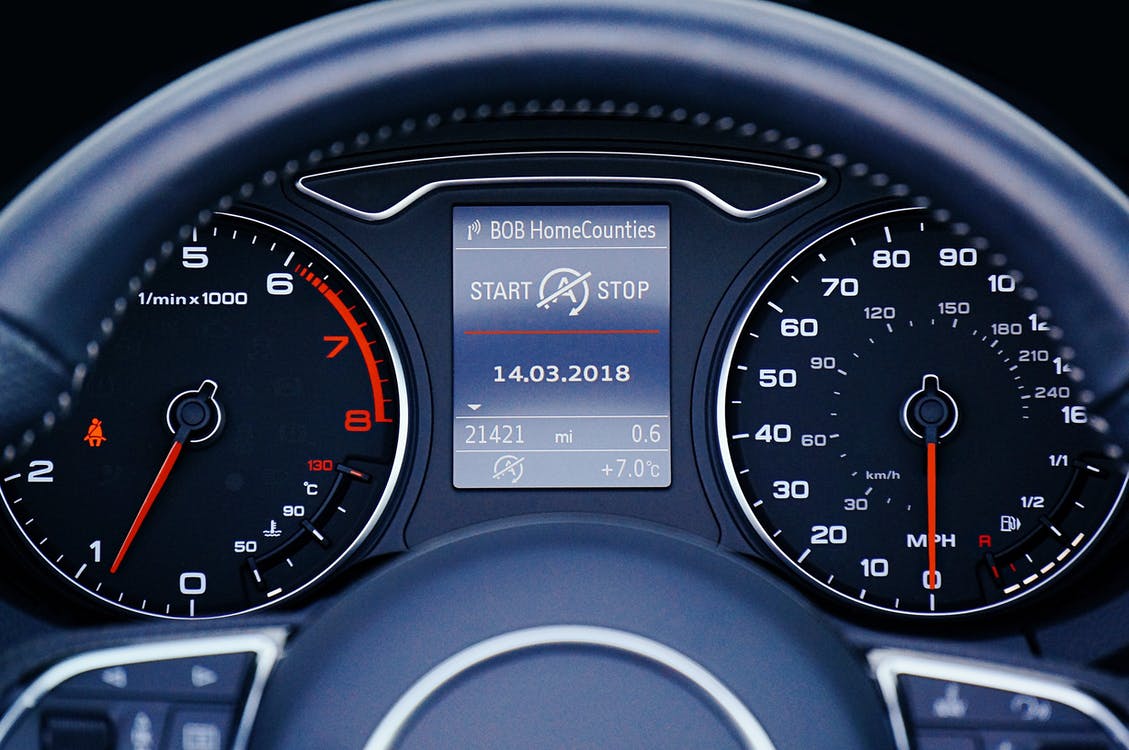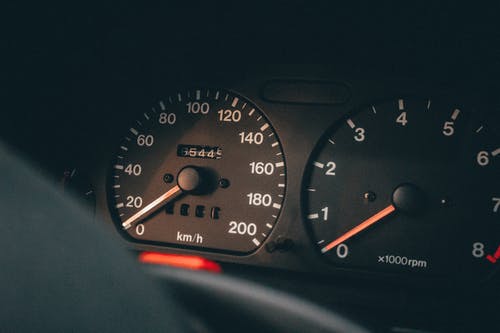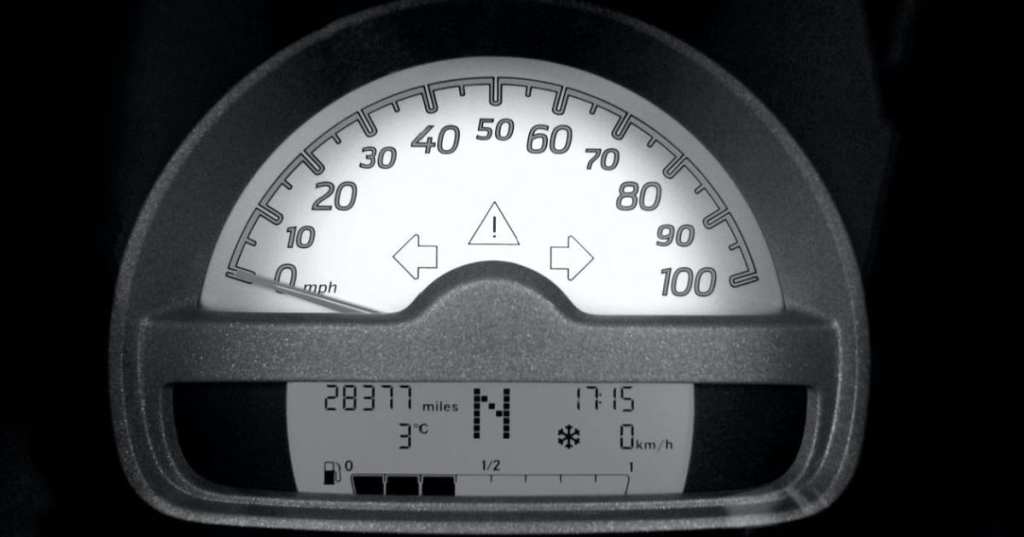Whether you’re buying new or used, getting a new car can be as daunting a process as it is exciting.
There are so many options, so many questions, and so many pitfalls – and there seem to be more of the latter when you’ve decided to go the used route.
There are people out there who will take advantage of those who aren’t as experienced – in fact, they seem to think it’s part of the job description.

Image Credit: Pexels
One of the tricks you want to watch out for is people turning back the odometer so it looks like a car doesn’t have as many miles on it as it actually does.
Diabolical, I know.
According to the National Highway Transportation Safety Administration (NHTSA), around 450,000 cars are sold with false odometer readings every single year, which costs buyers around $1 billion in the process.
Luckily for the savvy among us, there are a few ways you can tell if the car your looking at is showing an honest reading or not.

Image Credit: Pexels
These come courtesy of the NHTSA, and could be lifesavers.
- Compare the mileage on the car with the mileage listed on the title, taking care to study the number to see whether or not it appears to have been doctored.
- You can also compare the mileage on the car with what’s listed on recent maintenance or inspection records, or on the oil change stickers sometimes left on the windshield.
- Check to see if the numbers on your gauge are aligned correctly. If they’re crooked, contain gaps, or jiggle if you hit the dash, you’re being swindled.
- If your odometer shows 20,000 miles or less, the car should have its original tires.
- Check other parts of the car, like the gas, break, and clutch pedals, to make sure their wear and tear is consistent with the mileage being claimed.
- Request a vehicle history report to check for discrepancies in the vehicle’s history – you can order your own online if the seller claims not to have one.
The NHTSA requests that you report any fraud you suspect or uncover to your State’s enforcement agency.
Nothing is perfect, of course, but with this list you should be able to feel better, at least, that you’re getting what you paid for.
And everyone likes that.






